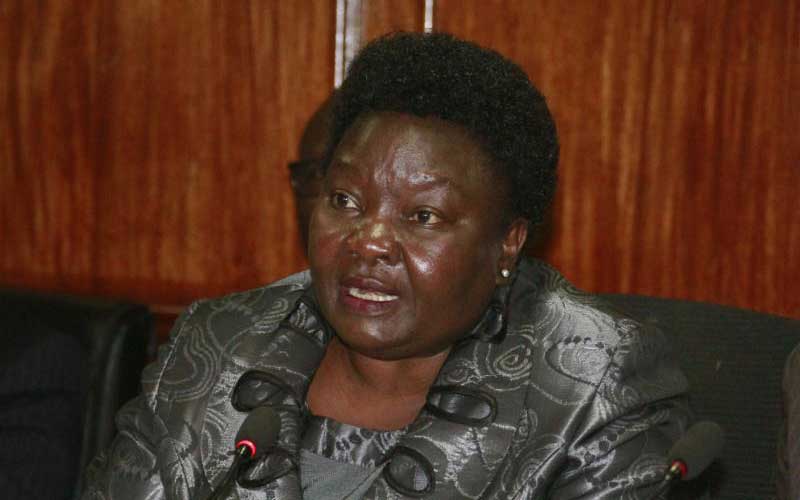×
The Standard e-Paper
Kenya’s Boldest Voice

The Public Service Commission (PSC) has written to all public universities directing that all vacant positions be declared through it.
This follows amendments to the Universities Act signed into law by President Uhuru Kenyatta empowering the PSC to take over recruitment of top public universities managers from university councils.